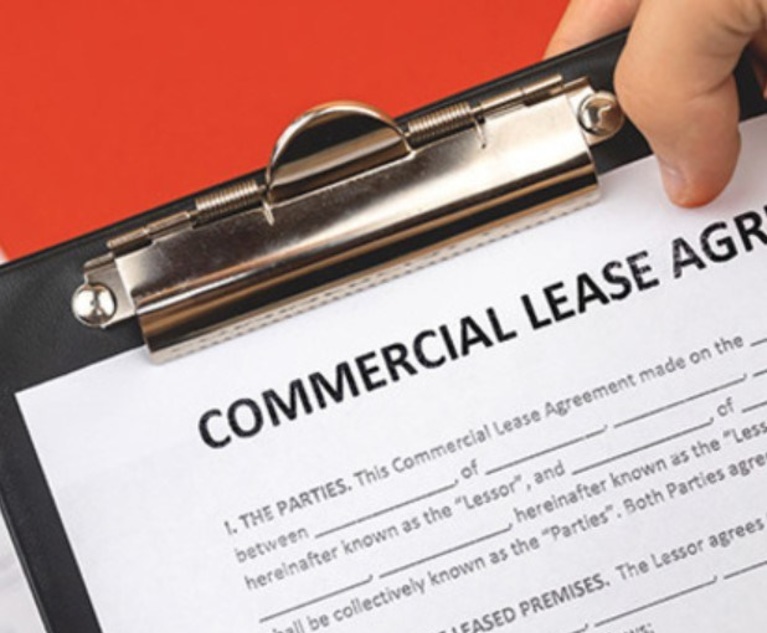Bankruptcy Code “[§]365(d)(4) does not apply to the [purported lease] because it is not a ‘true lease,’” held the Second Circuit inIn re Sears Holdings Corporation, 2024 WL
Lease Analysis Gives Win for Commercial Landlord In Bankruptcy Case
The Second Circuit ended a multi-year litigation by affirming a district court’s decision that a landlord’s appeal was “moot for lack of a remedy because, although [that] court [had properly] vacated the assignment and assumption of the lease …, the lease would not revert to [the landlord under Code] §365(d)(4), and that [the landlord] had no alternative remedy.”

This premium content is locked for LawJournalNewsletters subscribers only
ENJOY UNLIMITED ACCESS TO THE SINGLE SOURCE OF OBJECTIVE LEGAL ANALYSIS, PRACTICAL INSIGHTS, AND NEWS IN LawJournalNewsletters
- Stay current on the latest information, rulings, regulations, and trends
- Includes practical, must-have information on copyrights, royalties, AI, and more
- Tap into expert guidance from top entertainment lawyers and experts
Already have an account? Sign In Now
For enterprise-wide or corporate access, please contact Customer Service at [email protected] or call 1-877-256-2473.






